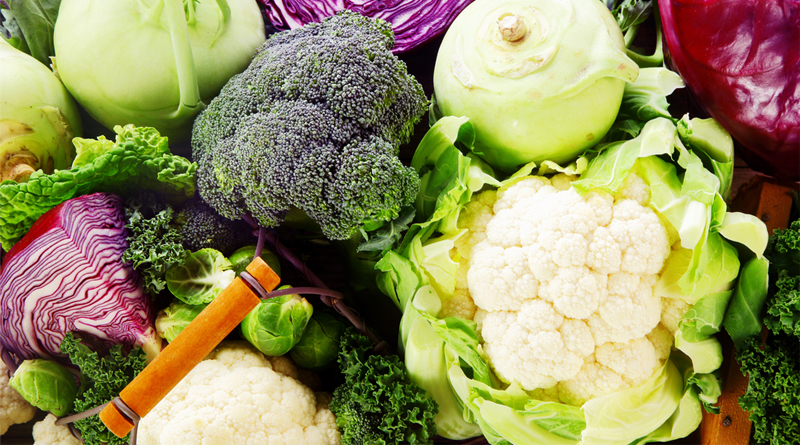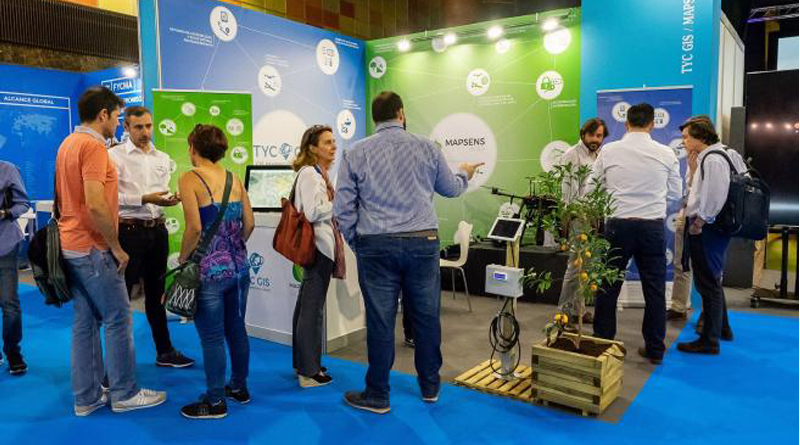A team of researchers in the National University Singapore (NUS) Medicine lab of Associate Professor Matthew Chang have found a way to turn a mix of bacteria and vegetables into a targeted system that seeks out and kills colorectal cancer cells. According to the researchers, this combination could be used in the prevention of colorectal cancer – one of the most common cancers in the world – and to clean up the cancer cells remaining after surgical removal of tumors, through a sustainable, low-cost therapeutic regimen.
At the heart of this cancer-targeting system is an engineered form of E. coli Nissle, a type of bacteria found in the gut. Using genetic techniques, the team engineered the bacteria into a probiotic that attached to the surface of colorectal cancer cells and secreted an enzyme to convert a substance found in cruciferous vegetables into a “potent anticancer agent.”
The idea was for the cancer cells in the vicinity to take up this anticancer agent and be killed. Normal cells cannot do this conversion, nor are they affected by the toxin. Thus the system should be targeted only to colorectal cancer cells, NUS reports.
The mixture of engineered probiotics with a broccoli extract or water containing the dietary substance killed more than 95 percent of colorectal cancer cells in a dish. Moreover, the mixture did not affect cells from other types of cancer such as breast and stomach cancer. Strikingly, the probiotics-veggie combination reduced tumor numbers by 75 percent in mice with colorectal cancer. Also, the tumors that were detected in these mice were three times smaller than those in control mice which were not fed with the mixture.
The study, which was led by Dr. Chun-Loong Ho, was published online on Wednesday and in the current issue of Nature Biomedical Engineering.
Dr. Ho and Associate Professor Chang, along with colorectal cancer specialist Dr. Yong Wei Peng at the National University Hospital, envision that these probiotics could be used in two ways: 1) as prevention, and 2) to clean up the cancer cells remaining after surgical removal of tumors. One day, colorectal cancer patients may be able to take the probiotics as a dietary supplement along with their broccoli to prevent colorectal cancer or to reduce recurrence after cancer surgery.
“The use of broccoli is beneficial as it contains high levels of natural compounds that the human body does not utilize nor absorb. Using an enzymatic conversion, we can unlock the compounds’ latent anticancer properties that include stopping cancer cell proliferation and causing the cells to self-destruct (apoptosis). Generally, any form of vegetables that are rich in these latent anticancer compounds are suitable such as broccoli and other cruciferous plants (e.g, Brussels sprouts, bok choy and rocket). Other vegetables and roots (eg., turnip, radish and daikon) also contains such compounds but at a lower content,” Dr. Ho tells NutritionInsight.
“One exciting aspect of our strategy is that it just capitalizes on our lifestyle, potentially transforming our normal diet into a sustainable, low-cost therapeutic regimen. We hope that our strategy can be a useful complement to current cancer therapies,” notes Associate Professor Chang.
“We typically hope that these microbes can be used as a form of supplement drink or a pill that could be taken on a weekly basis for adults (>35 years of age) as the process of tumor development might take as long as a decade. Ingested microbes will screen the gut for any abnormal cells and naturally clear them off with the help of a vegetable diet. Another application is to have these cells be in a post-operative care, where patients can take these microbes to help eliminate any remnant cancerous tissues. The best combination would be to take the microbes on a weekly basis with a normal supply of greens per meal,” Dr. Ho tells NutritionInsight.
Following this discovery, Dr. Ho says the researchers will be testing these microbes on human tissue and advanced pre-clinical models to evaluate their safety and efficacy before attempting clinical trials.
“We are also in the process of looking into tackling other forms of cancer by modulating the human diet and by balancing the gut microbes,” Dr. Ho concludes.
Source: Nutrition Insight







